Introduction
The Nordic Region has come a long way in its work to promote gender equality and equal opportunities for LGBTI people both through legislation and political initiatives. However, the region still has a long way to go to reach a situation in which all inhabitants have the same influence and the same opportunities to give shape to their lives and contribute to society’s development on an equal footing, regardless of their gender. Similarly, there are still challenges to be overcome in terms of making sure that LGBTI people in the Nordic Region have the same rights and opportunities as the population at large.
In 2019, the Nordic Prime Ministers adopted a shared vision
It is important that Nordic co-operation even within the area of gender equality and LGBTI for the 2025–2030 period contribute towards making the Nordic Region greener, more competitive and more socially sustainable. Beyond being central Nordic values, gender equality and equal rights for LGBTI people are also important prerequisites in order for the goals to be met.
The green transition will require the Nordic societies to undergo major changes. If these changes are to be meaningful, effective and beneficial to all Nordic inhabitants, then they must be based on gender equality and equal rights.
If the Nordic Region is to remain competitive, then all of its inhabitants must have the opportunity to contribute towards Nordic society. Enabling all Nordic inhabitants to have genuinely equal opportunities to contribute their talents and competencies is only possible if the region’s educational institutions and labour markets are based on gender equality and equal rights for all.
Not all Nordic inhabitants are the same, but if the Nordic Region is to be socially sustainable, then gender equality and equal rights must form the foundation for all of the work undertaken to achieve an inclusive society with stronger levels of cohesion and shared values.
The Co-operation Programme describes the political priorities and goals of the Nordic Council of Ministers for Gender Equality and LGBTI for the 2025–2030 period and how these relate to the Nordic Council Of Ministers’ Vision 2030.
Both the Nordic Council and the Nordic Civil Society Network have provided input on the goals contained within the co-operation programme.
The co-operation programme is the governing document for all activities undertaken by the Council of Ministers for Gender Equality and LGBTI.
The co-operation programme was approved by the Nordic Council of Ministers for Gender Equality and LGBTI on 30 August 2024 and shall apply through until 31 December 2030.
The Nordic Region has come a long way in its work to promote gender equality and equal opportunities for LGBTI people both through legislation and political initiatives.

All activities in the Nordic Council of Ministers will contribute to fulfilling our vision that the Nordic Region will be the world's most sustainable and integrated region in 2030. The co-operation programme describes how the sector will work with the three strategic priority areas.